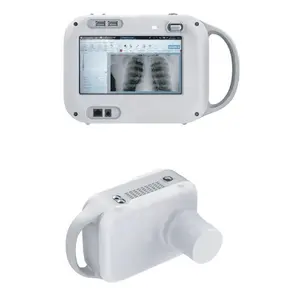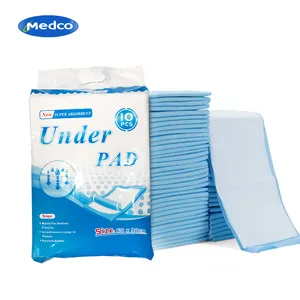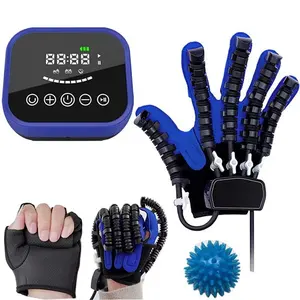Popular in your industry












































































Top categories
About dental implant machine cnc
Dental Implant Machine CNC: An Overview
The realm of dental health has been revolutionized by the advent of dental implant machine CNC technology. These sophisticated devices are pivotal in enhancing dental care, offering precision and efficiency in creating dental implants. The category encompasses a range of equipment designed to assist dental professionals in the treatment and restoration of dental health.
Types and Applications
Dental implant machines using CNC (Computer Numerical Control) are integral in modern dentistry. They come in various forms, each serving a specific function within the dental treatment process. Some are tailored for the meticulous task of drilling and creating the implant site, while others specialize in the crafting of the implants themselves. Their applications are diverse, ranging from routine dental procedures to more complex restorative treatments.
Features and Materials
The features of CNC dental milling machines are numerous, including high-speed capabilities, precision cutting, and compatibility with a variety of materials. These machines typically work with materials such as titanium and zirconia, ensuring that the implants are durable and biocompatible. The precision of CNC technology ensures that each implant is crafted to meet the exact specifications required for each patient.
Advantages of CNC Technology in Dentistry
The use of CNC technology in dental implant machines offers numerous advantages. The precision of these machines ensures a fit that is tailored to the individual, which is crucial for the success of a dental implant. Additionally, the efficiency of CNC machining reduces the time required for the production of implants, allowing for quicker treatment times and increased turnover for dental practices.
Selection Criteria for Dental Implant Machines
When selecting a dental implant machine CNC, it is important to consider factors such as compatibility with different implant systems, ease of use, and the technical support available. Dental professionals must assess their specific needs to choose the appropriate machine that aligns with their treatment offerings and practice workflows.
Conclusion
In conclusion, the integration of CNC technology in the fabrication of dental implants has significantly improved the outcomes of dental treatments. Alibaba.com serves as a gateway for dental professionals to access a variety of dental CNC machines, facilitating the enhancement of dental care quality. While exploring the extensive inventory, it is essential to select equipment that aligns with the specific needs of a dental practice, ensuring the delivery of optimal dental health solutions.











